how to build sustainability and longevity into your business
The founder of beeswax wraps brand Apiwraps shares six ways to adopt a sustainable mindset to help your business last for the long haul.
Running your own business while treading lightly on the earth and embracing sustainability. Is it even possible? The answer is a very loud YES – but that doesn’t mean it’s easy. During my business journey (which started at market stalls and now involves running a national operation with major retail partners), I’ve learnt how to embrace a sustainable mindset and grow without burning out. Here are six tips on how you can, too (because we all want to be here for the long haul, and sustainability is about more than just recycling waste and turning off the air conditioning).
THINK CREATIVELY ABOUT YOUR WASTE
We all know waste reduction is important, but knowing where to start can feel overwhelming – especially when you’re in the early stages of your business and still sorting out your processes. Think about every item that comes into your business, and every item that goes out. Are there things you could do without, or that you could source by repurposing or recycling? Could you hire something rather than buy it? Could you give something a second life? At Apiwraps, we think creatively about the waste we produce: the cardboard cores from our fabric go to the local preschool for play, pallet wrap goes to commercial soft-plastics recyclers, and we reuse cardboard cartons until they need to be recycled. We also have a factory outlet store that sells our offcut scraps as fire-starters, and our creased or end-of-line Apiwraps as seconds.
REDUCE YOUR DIGITAL FOOTPRINT
OK, it’s 2022, so let’s assume we all know that going paperless wherever possible is the best option. Gone are the days (I hope!) of printing emails and creating pointless piles of paper.
The next step is to reduce your digital footprint. Every email you save and every file you keep adds to that footprint by taking up space that needs to be backed up and maintained in the online world, which leaves a carbon trail and adds to energy consumption. Take the time to delete unnecessary files and clear out your emails. While you’re at it, unsubscribe from emails you’ve signed up to but no longer read (although keep the frankie Strictly Business newsletter in your favourites, of course).
CONSIDER PEOPLE POWER
We’ve covered environmental sustainability, but what about sustainable growth? Once you have a team of people, it pays to keep them onboard and invested in your business for the long run. Hiring for sustainability means that sometimes a cultural fit is more important than specific skills (which can often be learnt). Having a team that shares your values and cares about your business mission is key. If you can keep your people excited about their role, you’ll end up with a team that will grow as your business grows. Another way to take a sustainable approach to people is to invest in employees. Paying for short courses, committing to their career development, and being flexible when their personal needs change will lead to a team that can sustain the highs and lows of business life.
REMEMBER YOU’RE ONLY HUMAN
Sustaining your own energy as a business owner is incredibly important. When you’re starting out or scaling up, there are always going to be periods of intense hard work, but you need to have downtime as well. What’s worked for me is recognising that I can be in a period of intense work for about eight weeks before I need to stop and take some time to rest and catch up on life admin.
The high that comes from creating your own thing and seeing results is incredibly addictive, but if you don’t have time to pause, you won’t be able to keep going, year after year. During periods of intense work, I communicate to my family that I’ll be less present for a few weeks, and that my kids will have to be more responsible for themselves. Daily meditation (even if it’s only for five minutes) and the occasional float tank are also great ways for me to reset and recover.
KNOW THAT NO BUSINESS IS AN ISLAND
Sustainable relationships can mean the difference between your business succeeding and failing. No business is an island – we rely on partners, suppliers, collaborators, and contractors. We rely on others recommending us. We rely on our customers being loyal.
When you’re building a business that’s close to your heart, it’s really exciting to see how it can flourish into being financially viable. I’d go as far as to say it can be a form of self-actualisation. But you have to decide if you want to grow or stay small. Neither is right or wrong – I have huge respect for people who’ve consciously decided to stay small rather than scale up. This is often the most sustainable decision, especially if you don’t have the personal or professional capacity to get bigger.
If you do decide to grow, it’s exciting to hear from other people who are cheering you on and telling you to go for it, but try not to feel obliged to do things that aren’t right for you, or that you’ll end up regretting. Sustainably scaling means building relationships and growing rapidly in many directions at once. Sometimes it means knowing how to end a relationship without feeling too emotionally invested, or leaving something that feels like a win on the table. Because this in turn means you can pay your suppliers on time, and give your retailers a good margin. There’s always give and take, but collaborative and respectful relationships can make all the difference.
EVOLVE AND THINK OF THE LONG TERM
When it comes to sustainability, there isn’t an end goal. You’ll never be able to sit back and think it’s ‘done’. Sustainability is a constant evolution of assessing your business processes and systems, and looking for ways to improve. Try to have a sustainability framework for your business; what does ‘good’ look like? What would ‘better’ be? How about ‘best’? You might never get to ‘best’, but you can keep working towards it. Whether it’s the materials you source or the logistics you use, there are always ways to improve.
One way Apiwraps has done this is by looking at our packaging and committing to improve it until we’ve reached our idea of ‘better’: 100 per cent recycled paper packing, printed using vegetable inks right here in Australia. But our ‘best’ might be something like package-free products or even using the Apiwraps themselves as packaging. We’ll keep looking for ways to get there. Whatever your approach, try to take a long-term view of your business – your products, your processes, your people. We’re playing the long game here, so sustainability matters.
See more from Freyja Tasci and Apiwraps here. For more small-business stories like this, visit frankie.com.au/strictly-business, or sign up to our monthly e-newsletter. Have a small-business story you’d like to share? Pitch it to us.
Want more tips on running an eco-friendly business? Read this.

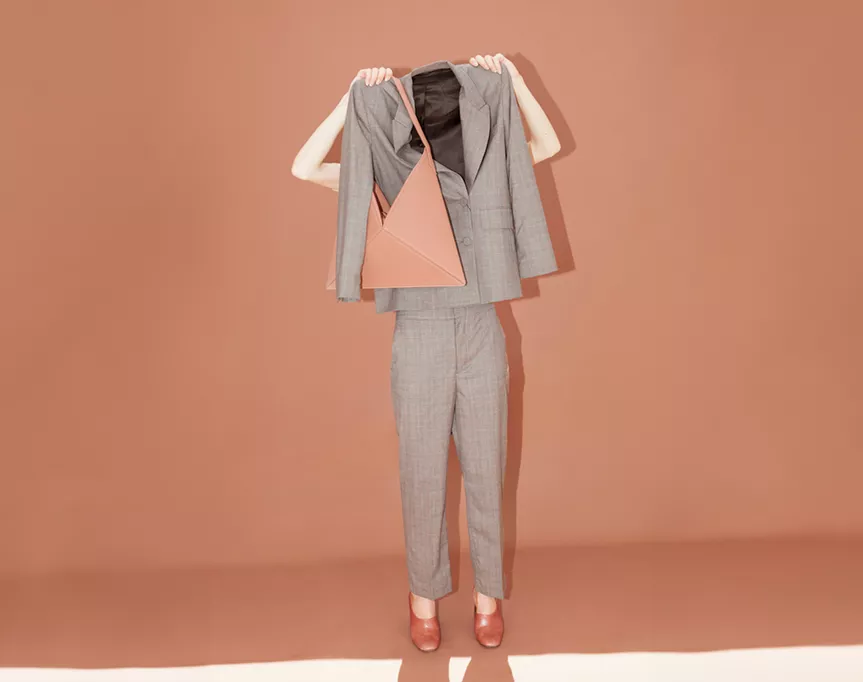
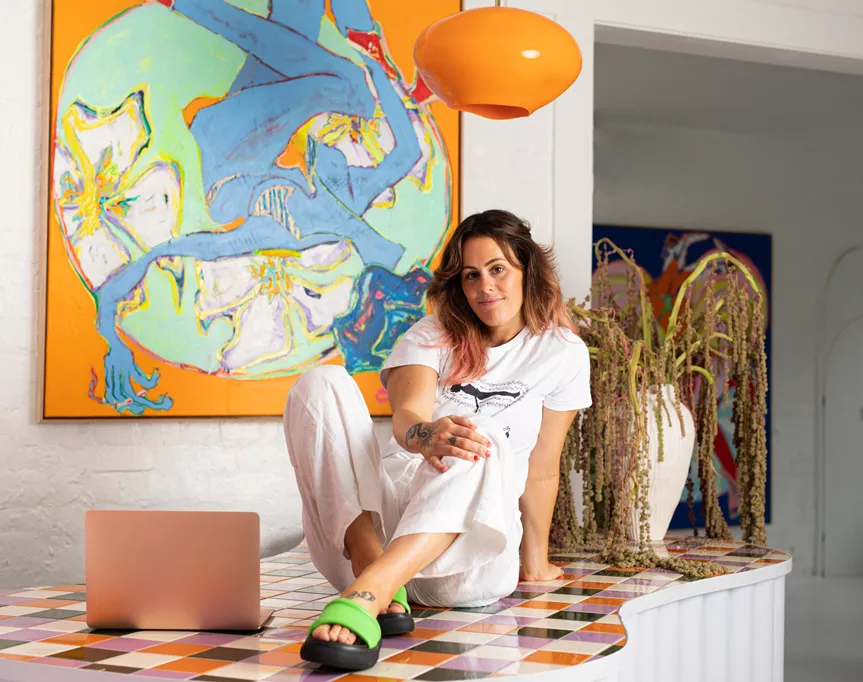

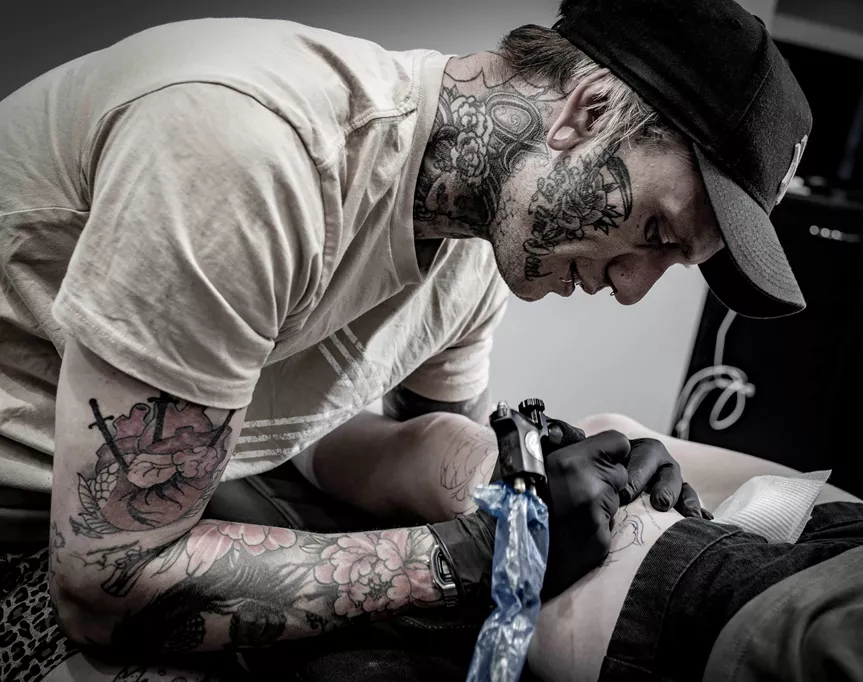
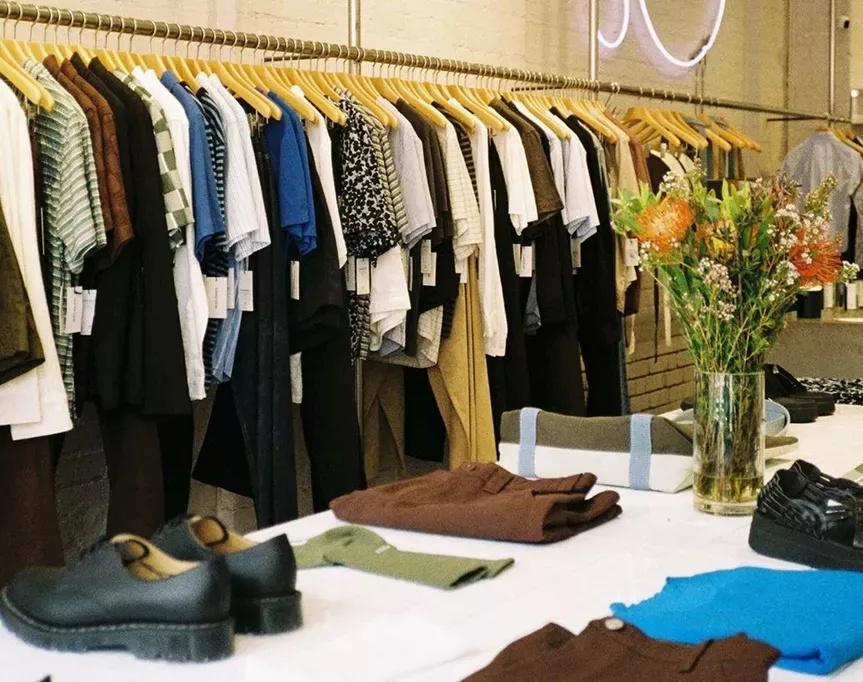
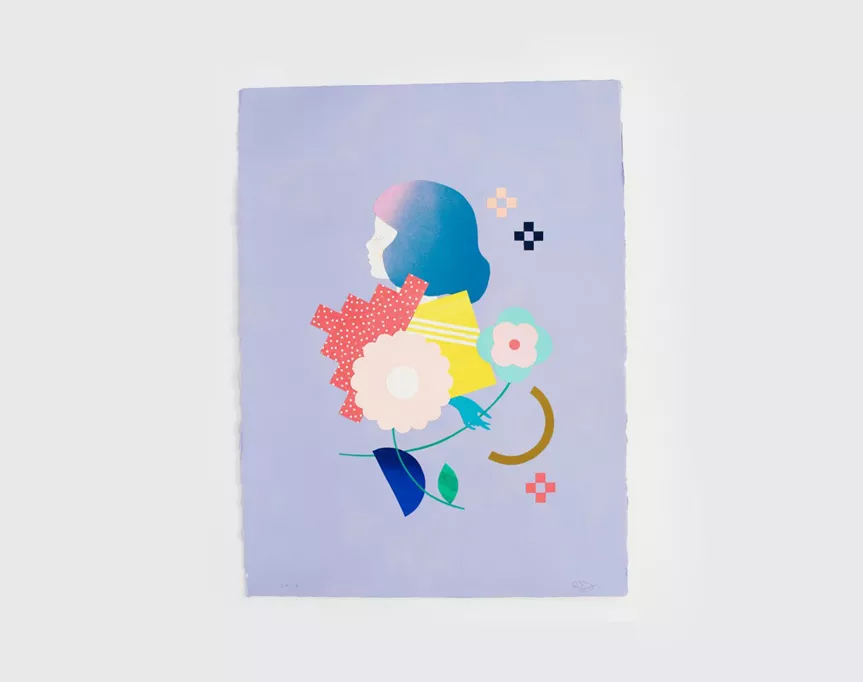
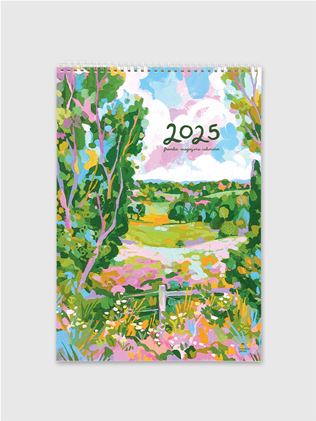
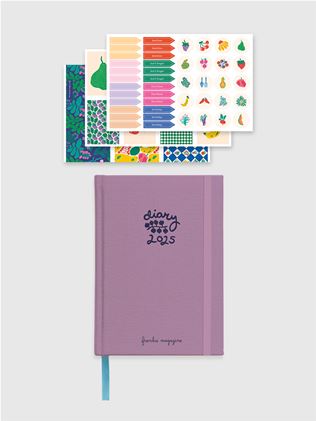
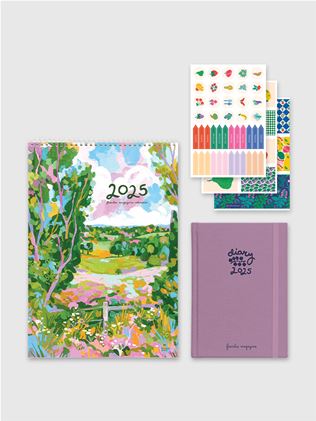
.jpg&q=80&w=316&c=1&s=1)



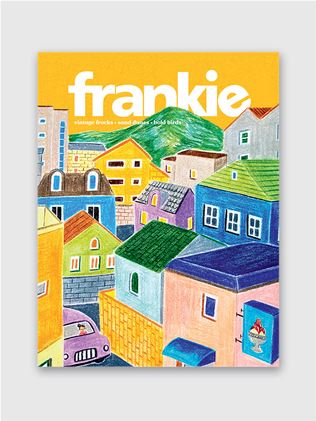


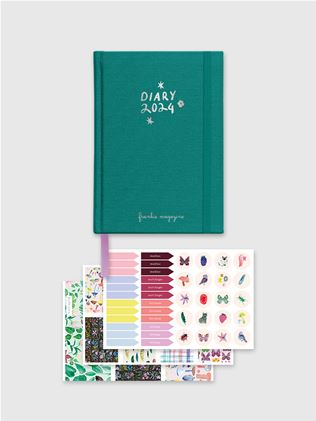



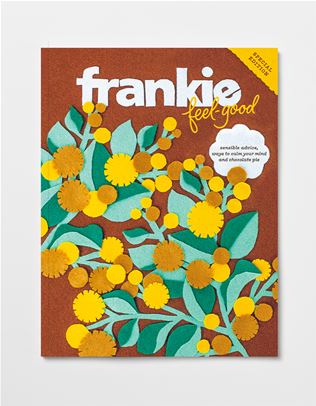






.jpg&q=80&w=316&c=1&s=1)










